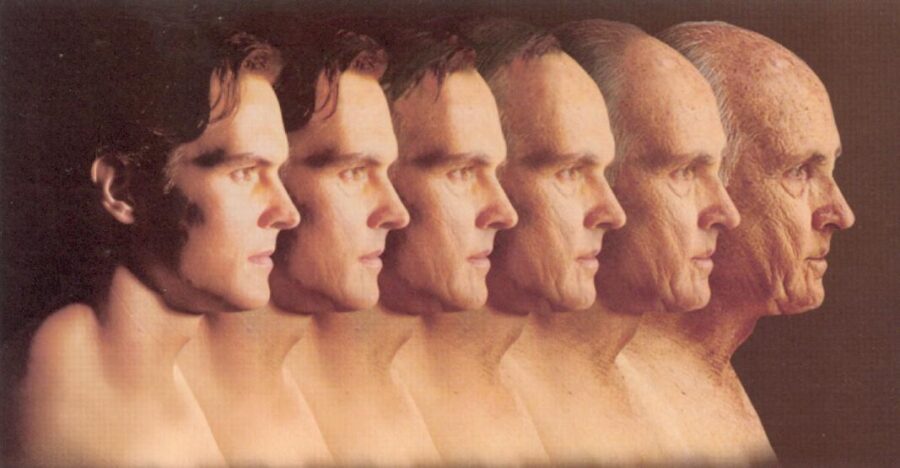Scientists Find Chemical Cocktail To Stop Aging

In the pursuit of eternal youth, humanity has long sought the elusive elixir of life—a simple concoction that, when sipped, would give the drinker the amazing power of immortality. Unfortunately, for those seeking eternal life, such an elixir remains an aspect of alchemic myth. However, according to Futurism, scientists may have discovered the next best thing—a cocktail made of various chemicals that can not only stop aging but reverse it as well.
Recent research conducted by a team of scientists from Harvard Medical School and the Massachusetts Institute of Technology is shedding new light on the possibility of using chemicals to reverse aging. Their promising findings, published in the journal Aging, have sparked hope for a breakthrough in life-extension treatments.
The foundation of the de-aging research stems from the study of molecules capable of “reprogramming” animal cells into pluripotent stem cells.
The researchers focused on six chemical cocktails that could rejuvenate cells and reverse aging. The hope was that these chemicals would restore a more youthful genome-wide transcript profile and do so without compromising cellular identity. According to the paper, this age-reversal method could open new avenues for combating age-related ailments.
It’s unknown if these scientific findings are actually the elixir of life that humanity has dreamed of for millennia, as the research has so far been confined to a lab. Encouraging results were observed in trials conducted on mice and monkeys, but the ultimate test lies in human trials.
The team, led by Harvard Medical School faculty member David Sinclair, is currently preparing for such tests, which could represent a significant leap in anti-aging science.
When tested on specialized cellular cultures, the researchers noticed a reversal of certain markers of aging, specifically the deterioration of nucleocytoplasmic compartmentalization.
The foundation of the de-aging research stems from the study of molecules capable of “reprogramming” animal cells into pluripotent stem cells. These stem cells can differentiate into various cell types, making them a promising candidate for regenerative medicine.

When tested on specialized cellular cultures, the researchers noticed a reversal of certain markers of aging, specifically the deterioration of nucleocytoplasmic compartmentalization. This phenomenon occurs when proteins from a cell’s nucleus leak into the cytoplasm and fail to be “imported” back into the nucleus.
Beyond personal health benefits, a successful age-reversal therapy could revolutionize the world’s demographics, social dynamics, and environmental impact.
Unlike gene therapy, the six chemical combinations identified in the study demonstrated their ability to reverse aging in just four days of treatment without altering the cell’s identity. It’s a huge win for scientists in the de-aging field. However, while this is a significant milestone in the quest for life extension, these results are still developing and far from being commercially or medically available.
In the realm of life extension, the researchers’ work offers a glimmer of hope amidst a landscape often populated by extravagant claims and dubious treatments. The life-extension industry has seen its fair share of cons and quacks, from unregulated cell growth to drawing blood from younger relatives, but the discovery of viable chemical interventions for aging could provide a much-needed beacon of credibility.
However, the potential implications of this de-aging treatment reaching the market are immense. Beyond personal health benefits, a successful age-reversal therapy could revolutionize the world’s demographics, social dynamics, and environmental impact. As with any powerful technology, careful consideration and ethical discourse must accompany its development and deployment.












